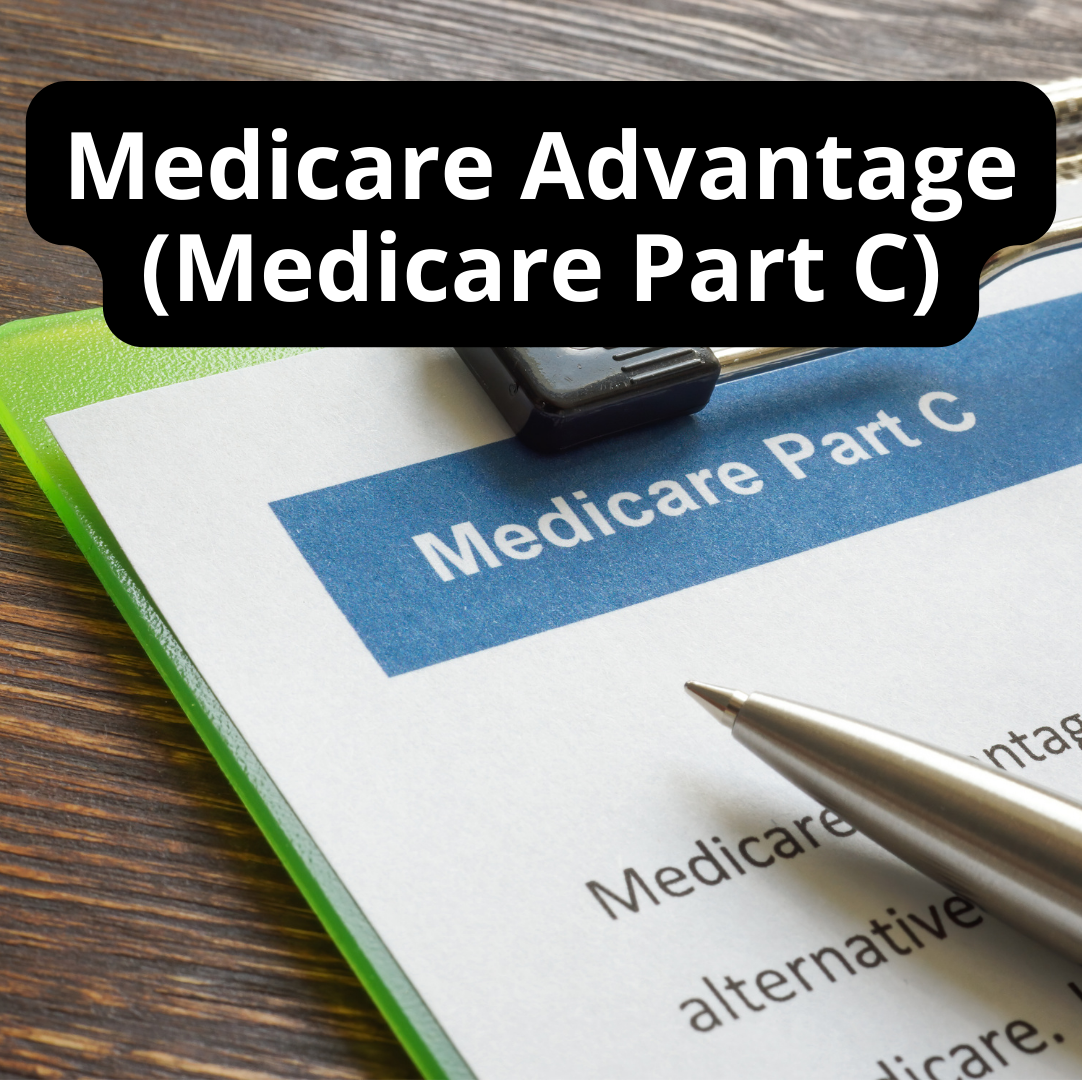Key Takeaways
- Medicare provides limited coverage for Medical Nutrition Therapy (MNT) for cardiovascular health, focusing primarily on related conditions like diabetes and chronic kidney disease.
- Understanding the eligibility criteria, associated costs, and the types of services covered can help beneficiaries maximize their benefits and effectively manage their cardiovascular health.
Medicare and Nutrition Therapy for Cardiovascular Health: What’s Included?
Cardiovascular health is a crucial aspect of overall well-being, and nutrition therapy can play a significant role in managing and improving heart health. For Medicare beneficiaries, understanding what nutrition therapy services are covered and how to access them is essential. This article explores Medicare’s coverage for nutrition therapy aimed at cardiovascular health, including eligibility requirements, types of services covered, costs, and copayments.
Overview of Medicare’s Coverage for Cardiovascular Nutrition Therapy
Medicare provides coverage for Medical Nutrition Therapy (MNT) under Part B, primarily for individuals with specific medical conditions such as diabetes and chronic kidney disease. While direct coverage for nutrition therapy specifically targeting cardiovascular health is limited, beneficiaries with conditions like diabetes or kidney disease can still benefit from MNT to manage their overall health, including cardiovascular health.
Medical Nutrition Therapy (MNT)
MNT is a therapeutic approach involving personalized dietary interventions designed to manage medical conditions through nutrition. It includes an initial assessment, individualized nutrition counseling, and follow-up visits to monitor progress and adjust the nutrition plan as needed. MNT aims to improve overall health outcomes by addressing the specific dietary needs of the patient.
Indirect Benefits for Cardiovascular Health
Although Medicare does not explicitly cover MNT solely for cardiovascular health, the therapy provided for related conditions such as diabetes and chronic kidney disease can significantly impact heart health. Proper nutrition management for these conditions often involves dietary adjustments that benefit cardiovascular health, such as reducing sodium intake, managing blood pressure, and controlling cholesterol levels.
Eligibility Requirements for Cardiovascular Nutrition Therapy Under Medicare
To access MNT services under Medicare, beneficiaries must
meet specific eligibility criteria. These criteria ensure that the services provided are medically necessary and appropriate for managing related health conditions, ultimately benefiting cardiovascular health.
Enrollment in Medicare Part B
Beneficiaries must be enrolled in Medicare Part B, which covers outpatient medical services, including MNT. Enrollment in Part B typically involves paying a monthly premium, which can vary based on income.
Diagnosis of Diabetes or Chronic Kidney Disease
Medicare covers MNT for individuals diagnosed with diabetes or chronic kidney disease (CKD). This includes those who have undergone a kidney transplant within the last 36 months. Since diabetes and CKD are closely linked to cardiovascular health, managing these conditions through MNT can also positively impact heart health.
Physician Referral
A referral from a physician or qualified healthcare provider is required to access MNT services. The referral should outline the medical necessity of the nutrition therapy and specify that it is for managing diabetes or CKD, indirectly supporting cardiovascular health.
Types of Nutrition Therapy Services Covered by Medicare for Heart Health
While Medicare’s MNT coverage focuses on diabetes and CKD, the services provided can significantly benefit cardiovascular health. Understanding the specific services covered can help beneficiaries make the most of their Medicare benefits.
Initial Nutrition and Lifestyle Assessment
The initial assessment is a comprehensive evaluation of the beneficiary’s dietary habits, medical history, and lifestyle. This assessment forms the basis for developing a personalized nutrition plan tailored to manage diabetes or CKD while also considering cardiovascular health. Key components of the assessment include:
- Dietary Intake Analysis: Evaluating current food and nutrient intake.
- Medical History Review: Understanding the patient’s medical background and existing conditions.
- Lifestyle Factors: Considering physical activity levels, stress, and other lifestyle factors affecting health.
Nutrition Counseling
Nutrition counseling involves personalized sessions where a registered dietitian or nutrition professional provides education and guidance on managing health through diet. For beneficiaries with diabetes or CKD, this counseling often includes:
- Meal Planning: Creating balanced meal plans that support overall health and manage specific conditions.
- Nutrient Management: Advising on the appropriate intake of nutrients such as sodium, potassium, and phosphorus, which are critical for both kidney and heart health.
- Behavioral Strategies: Implementing strategies to support long-term dietary changes and adherence to the nutrition plan.
Follow-Up Visits
Ongoing follow-up visits are essential for monitoring the beneficiary’s progress and making necessary adjustments to the nutrition plan. These visits help ensure that the dietary interventions are effective in managing the underlying conditions and supporting cardiovascular health. During follow-up visits, the nutrition professional may:
- Evaluate Progress: Assess changes in health metrics, such as blood sugar levels, blood pressure, and cholesterol.
- Adjust the Plan: Modify the nutrition plan based on the beneficiary’s progress and any new medical information.
- Provide Ongoing Support: Offer continuous education, motivation, and support to help the beneficiary adhere to the dietary recommendations.
Costs and Copayments for Cardiovascular Nutrition Therapy Under Medicare
Understanding the costs associated with Medicare-covered MNT services is crucial for beneficiaries to manage their healthcare expenses effectively.
Medicare Part B Costs
Medicare Part B covers 80% of the Medicare-approved amount for MNT services after the beneficiary meets the annual Part B deductible, which is $240 in 2024. Beneficiaries are responsible for the remaining 20% of the Medicare-approved amount as coinsurance. These costs can vary depending on the provider and location.
Additional Out-of-Pocket Costs
If beneficiaries receive nutrition therapy services not covered by Medicare, such as those for conditions other than diabetes or CKD, they must pay out-of-pocket for these treatments. The cost of these services can vary depending on the provider and location.
Supplementary Insurance
Beneficiaries may consider supplementary insurance plans, such as Medigap, to cover out-of-pocket costs associated with MNT services. Medigap plans can help reduce the financial burden of coinsurance and deductibles. Beneficiaries should review their plan options to find one that best meets their needs.
How to Maximize Your Medicare Nutrition Therapy Benefits
While Medicare’s coverage for MNT specifically targeting cardiovascular health is limited, beneficiaries can still take steps to maximize their benefits and effectively manage their heart health.
Work with a Qualified Provider
Ensure that the nutrition therapy services are provided by a registered dietitian or nutrition professional who is qualified and approved by Medicare. This will help ensure that the services are covered and meet Medicare’s standards.
Obtain a Physician Referral
Secure a referral from a physician or qualified healthcare provider outlining the medical necessity of the nutrition therapy. This referral is essential for accessing Medicare-covered MNT services.
Keep Detailed Records
Maintain thorough records of all MNT sessions, including the initial assessment, counseling sessions, and follow-up visits. This documentation can help manage healthcare expenses and ensure that services are covered by Medicare.
Communicate with Your Healthcare Team
Keep all your healthcare providers informed about your nutrition therapy. This ensures coordinated care and helps avoid any potential conflicts or redundant treatments.
Explore Additional Coverage Options
Consider supplementary insurance plans, such as Medigap, to cover out-of-pocket costs associated with MNT services. These plans can help reduce the financial burden of coinsurance and deductibles.
Conclusion
While Medicare provides limited direct coverage for nutrition therapy specifically targeting cardiovascular health, beneficiaries with diabetes or chronic kidney disease can still benefit significantly from the Medical Nutrition Therapy services covered. By understanding the eligibility criteria, types of services covered, and associated costs, beneficiaries can effectively manage their overall health, including cardiovascular health. Exploring additional coverage options and communicating effectively with healthcare providers can further enhance access to these essential services, ensuring that beneficiaries receive the care they need while managing their out-of-pocket costs effectively.
Contact Information:
Email: [email protected]
Phone: 6025885565







